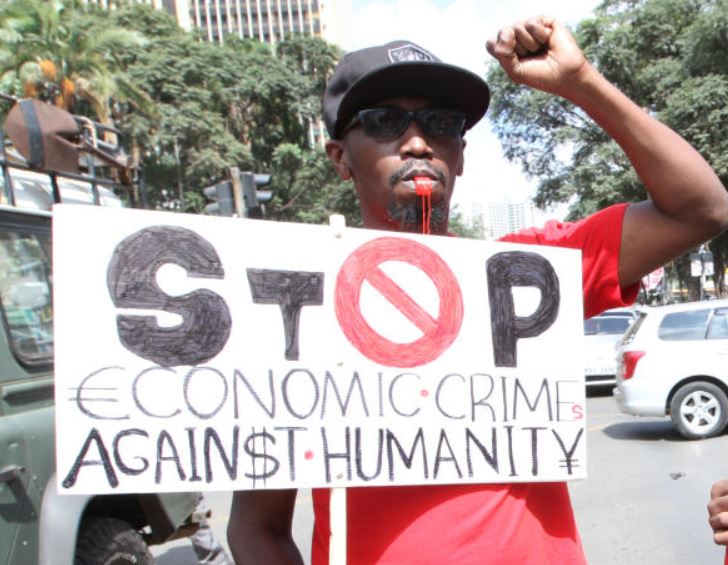×
The Standard e-Paper
Home To Bold Columnists

Corruption thrives when there are no checks and balances or countervailing forces. In the political arena, opposition parties ensure the Government of the day has someone to watch over it.
We all can be corrupt and need constraints. Even those shouting on the streets might surprise us if an opportunity avails itself.